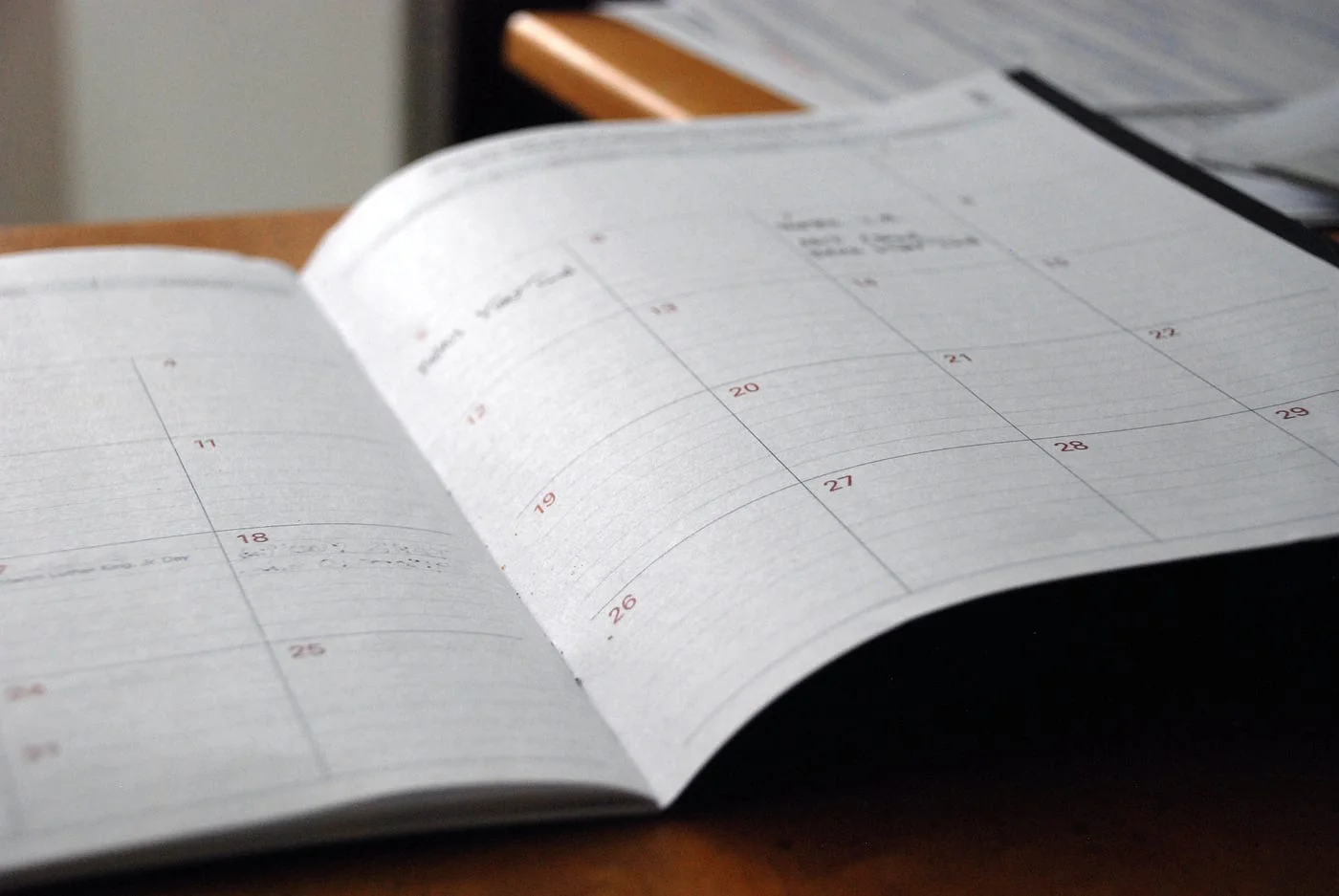
You know what doesn't help overcome resistance?
“So, I put a lot of pressure on myself. All the time.” My husband stared at me. “Yes,” he said emphatically, as if I’d just pointed out that ice is cold or nighttime is dark. Okaaay, I guess the press...




